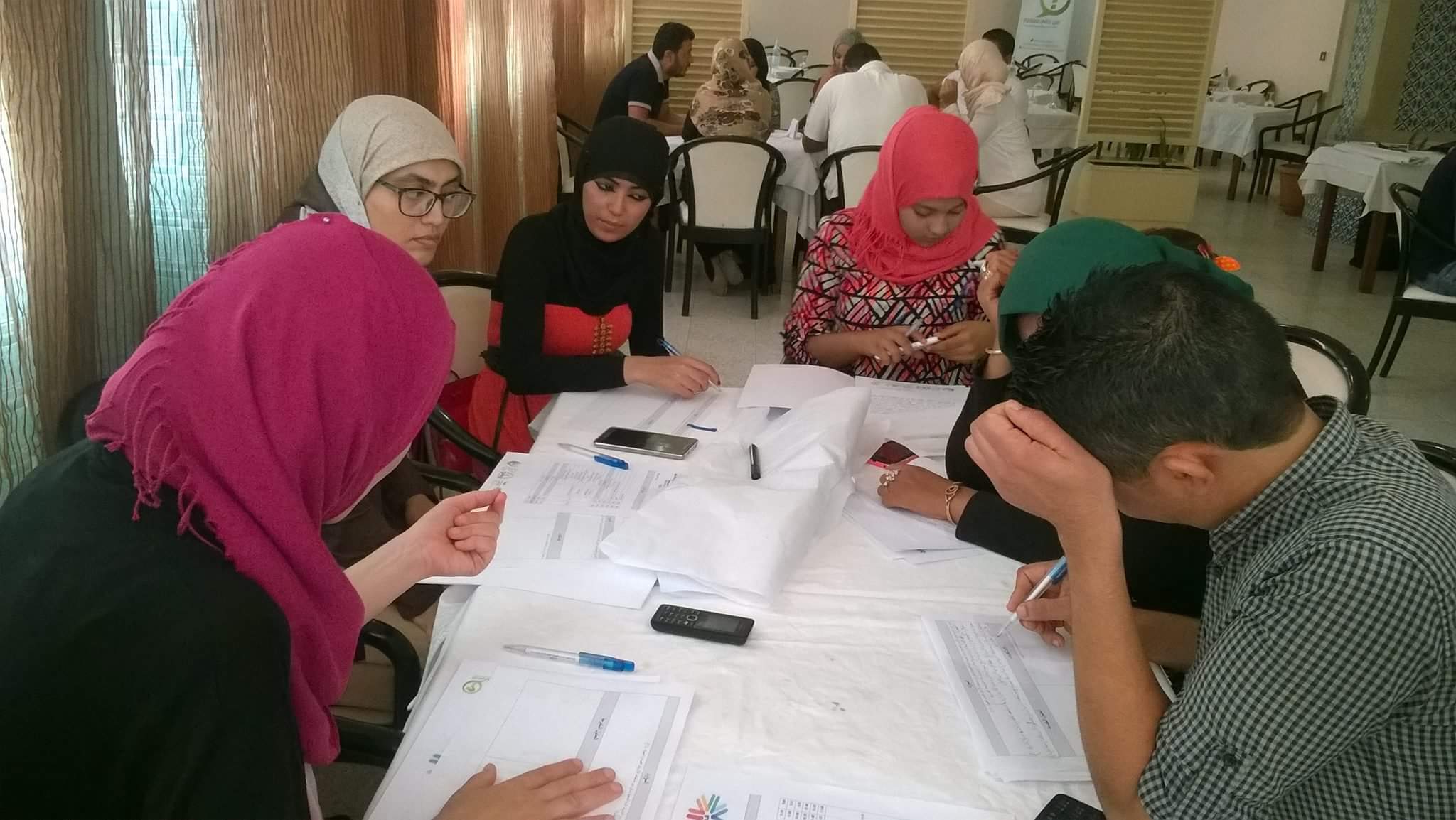
Hope. A powerful word that it is often overused.
Politicians say it, faith may evoke it but we optimists absolutely cling to it. But many youth here in Tunisia don’t have it. That is why we are working with youth and the Government of Tunisia to bring some back.
I worry and feel that new protests and unrests across the country are inevitable as the country has not implemented needed reforms to continue this extremely difficult transition. Yes – we can truly celebrate the free and fair elections Tunisia had in 2011 and 2014. The Tunisian elections were not just a victory for Tunisia but the entire middle east. But the hard part began after the December 2014 elections—Tunisia now must govern and deliver on promises and work towards the hopes and dreams of Tunisians for a democratic society.
Youth are frustrated. In conversations I have had around the country, they feel that the government talks more than it listens, only delivers prepared statements, and is afraid to take action. I would agree. Many do not see opportunities. Others feel that the only to access opportunity is to pay a bribe – whether to a police officer, a municipal worker, or anyone who can move their application/request from the bottom of the stack to the top.
This may sound pie in the sky – but it is based on realism: government must work to meet the needs and aspirations of its citizens and deliver the public services that citizens expect. And IRI has been working to focus particularly on what it means for youth.
In our survey from November 2015 and May 2016, we asked: Do you agree or disagree with the following statement? Politicians do not pay attention to the needs and ideas of young people. 71% in November and 70% in May 2016 of respondents agreed . Any way you look at it – rural vs urban; coastal vs interior; youth vs old – everyone agrees that the government is not doing enough for youth.
Why is this an issue?
40% of Tunisians under the age of 35 are unemployed.
Not only do these young people not have jobs, but they can’t support themselves, must rely on family for support, can’t pay bills and can’t get married and start a family. They can’t realize their hopes and dreams. So having no hope, where are they going to get money? We know that some youth are serving as couriers for goods for terrorists, selling contraband across borders and willing to join extremist groups to send money back to their families.
What are we doing?
In February 2016, we were asked by Government of Tunisia to be a partner on a national dialogue on youth. With civil society and government staff coming together for the first time- we developed a vision for youth in Tunisia: Youth able to build, take initiative and be creative, confident in their identity, open to other identities, and leaders of a democratic future.
Personally I have met with youth in half (12 of the 24) of the governorates of Tunisia and I will continue to meet with many more over the coming months as we continue our work with the Government of Tunisia to organize youth dialogues around the country and host the National Congress on Youth later this year. Our goal is to encourage, cajole and help the government emerge from the dictator mentality and have constructive dialogues with youth about their needs, challenges and yes – their hopes for the future.
The Tunisia team has met with 90 civil society groups to learn, listen and engage youth across the country. We are working closely with the Government of Tunisia to host regional youth dialogues to further explore challenges facing youth and get their ideas for change. We will prepare a report of our findings and present it to the President of Tunisia at the end of this year. In 2017, we will focus our work to help civil society hold the government accountable to the changes needed that were discussed in the regional dialogues.
I am an optimistic realist and I know that the birthplace of the Arab Spring will face more protests, unrests and difficulties in its nascent democracy. And I know to help restore some hope that IRI will continue to work, push, annoy, consult and advise civil society and the government as much as possible to create meaningful opportunities for youth engagement and leadership in Tunisia.
Top